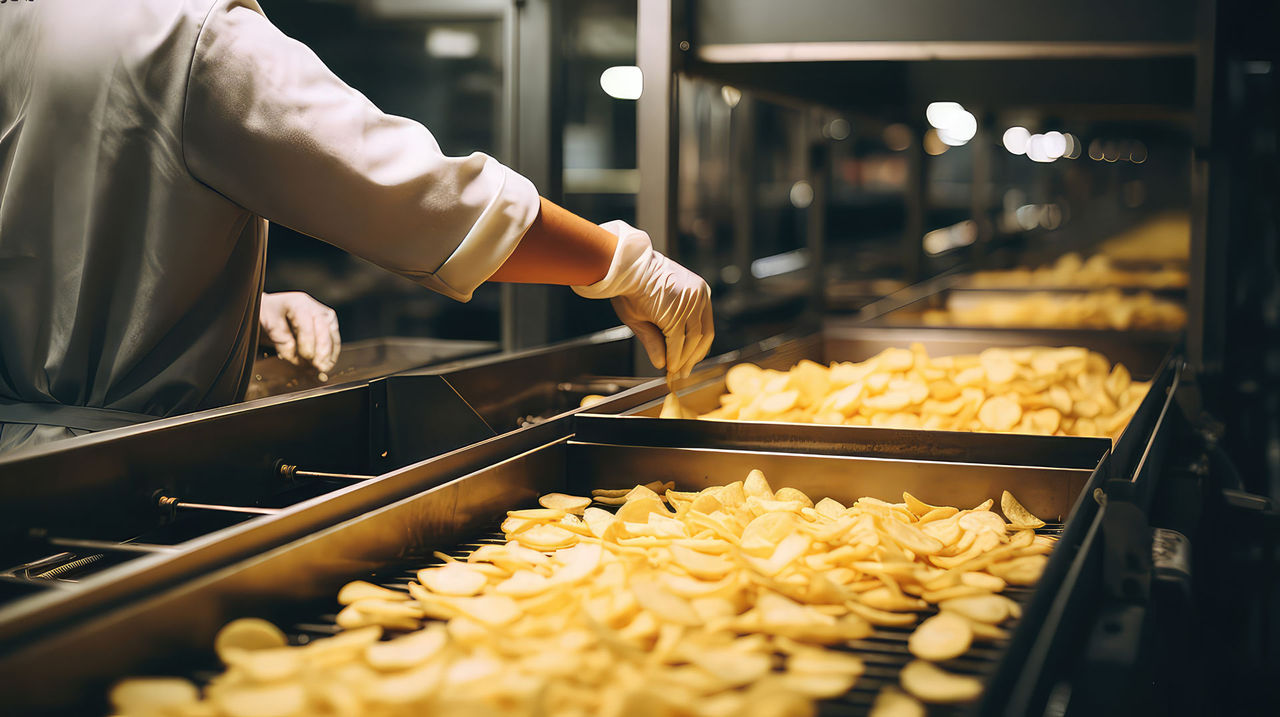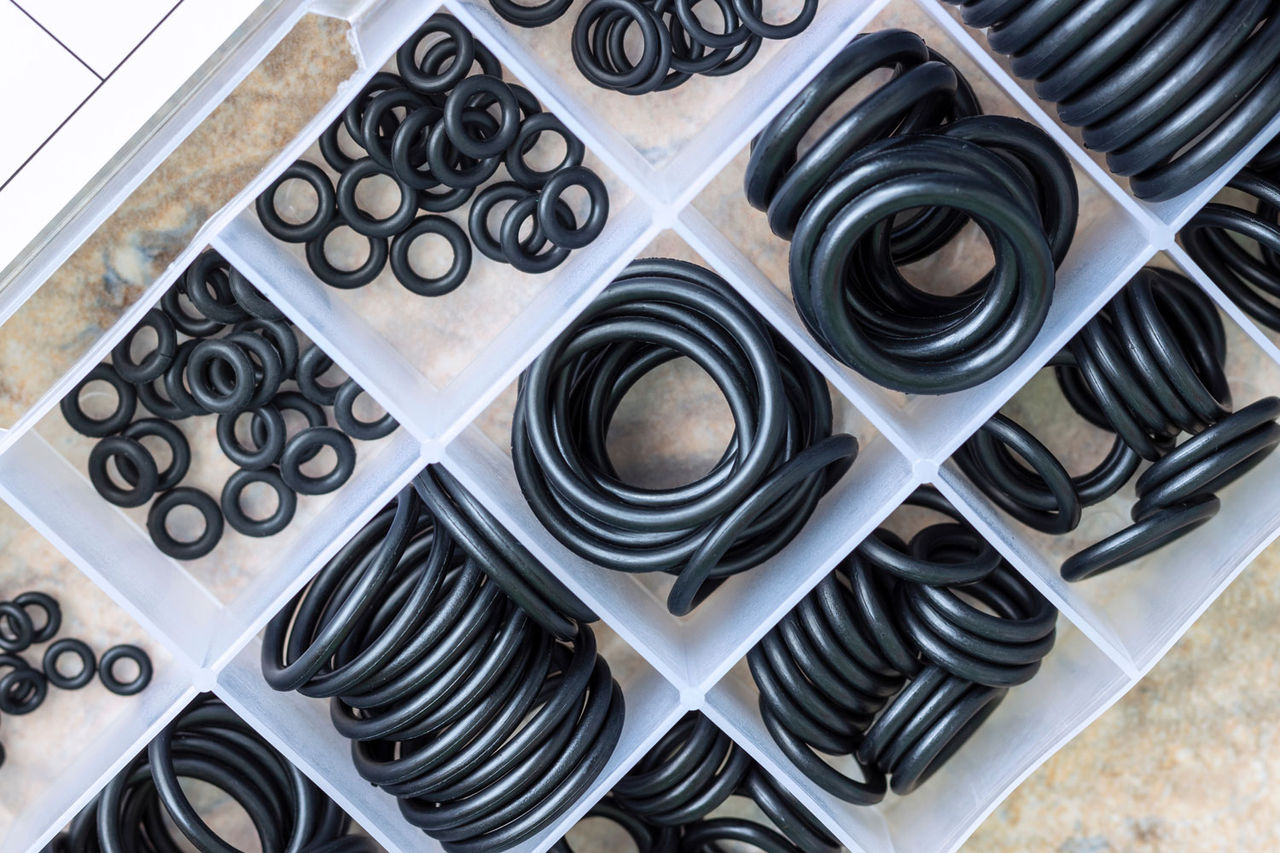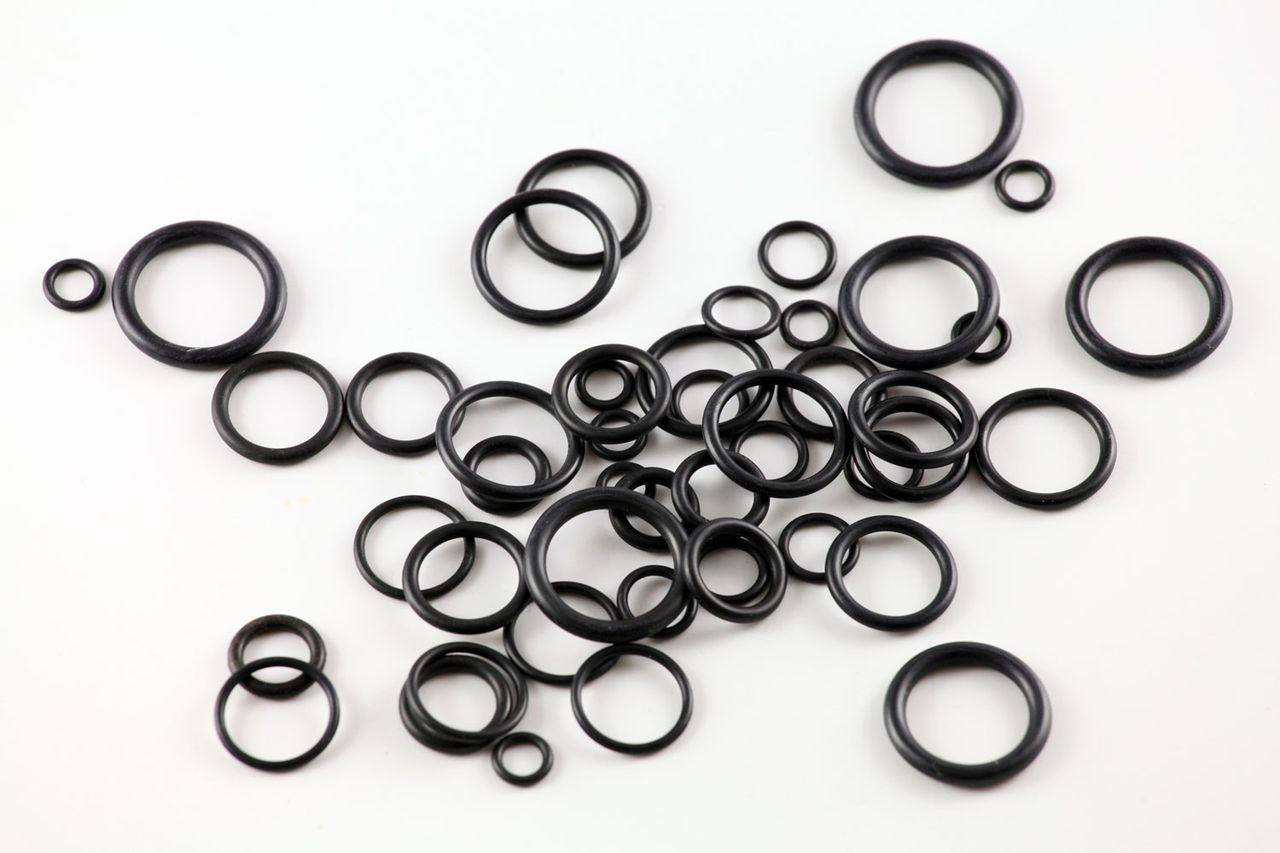In this article
O-Rings: A Crucial Guide for the Food Production Industry
In the highly regulated world of food production, maintaining the highest standards of safety and hygiene is imperative. Amid the vast array of machinery and components that populate a food processing plant, O-rings - a small but essential element - play a pivotal role.

Though often overlooked, the integrity of these seals is fundamental in preventing contamination and ensuring that food products are safe for consumption. This article explores why more careful attention to O-rings can significantly bolster food safety.
The crucial distinction: Food grade vs. food safe
The first step in ensuring the efficacy of O-rings in food production is understanding the difference between food-grade and food-safe materials. While both terms might suggest suitability for food contact, only food-safe materials guarantee the safety of the end products.
Food-safe O-rings are manufactured from materials that meet rigorous regulatory standards and can withstand the harsh conditions typical in food processing, including extreme temperatures and exposure to cleaning chemicals without degrading.
Certification under EC1935/2004 is a benchmark for O-rings, confirming that the material is suitable for prolonged contact with food items without leaching harmful substances or harbouring bacteria. These certifications are not just formalities; they are assurances to food manufacturers and consumers alike that the products coming off the production line are safe and uncontaminated.
Best practices in O-Ring installation and maintenance
Installing and maintaining O-rings correctly is just as important as selecting the right materials. Proper installation begins with a thorough pre-installation inspection to ensure that the O-rings are free from defects and are the correct size for their intended applications. An improperly sized O-ring can lead to an inadequate seal, resulting in a leak that may actually cause food contamination.

Once installed, the integrity of the O-rings should be regularly checked as part of routine maintenance. The dynamic environment of food production machinery, characterised by frequent cleaning and temperature fluctuations, can stress O-rings and lead to premature failure.
Documenting each O-ring’s condition and replacement not only helps in maintaining the equipment but also aids in compliance with food safety audits.
Real-world impact
The practical impact of diligent O-ring management is significant. Consider a recent scenario where a major food processor faced recurrent contamination issues. Upon investigation, it was discovered that non-certified, degraded O-rings were to blame.

Simply replacing these with certified, high-quality O-rings tailored for high-temperature processes resolved the issues, highlighting the importance of using appropriate materials and regular maintenance.
A commitment to food safety
The critical role of O-rings in ensuring food safety cannot be overstated. As the food industry continues to evolve with increasingly stringent regulations and higher standards of consumer safety, the need for reliable, certified O-rings becomes more pronounced.
It is imperative for food production facilities to regularly assess and upgrade their O-ring protocols, ensuring all components are up to the task of safeguarding the food production process.
For industry professionals, investing in high-quality, certified O-rings is not just a regulatory obligation but a fundamental aspect of risk management and quality assurance in food production. By focusing on these small yet essential components, food manufacturers can make strides in delivering safe, high-quality food products to consumers worldwide. Insights from leaders in industrial component solutions like ERIKS further underline the importance of understanding specific food production requirements when selecting O-rings, ensuring both physical and chemical safety in food processes.
For more information on Sealing and Polymer and to get in touch with one of our ERIKS specislists, please contact your local ERIKS Service Centre, who will be happy to discuss your options.
#ERIKS #LetsMakeIndustryWorkBetter #ORings #FoodSafety #BestPractice

